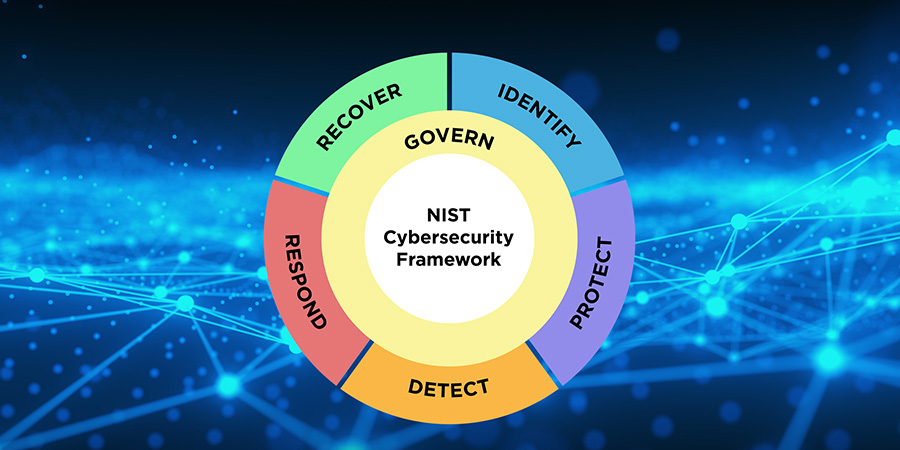APIs are helping accelerate innovation across the enterprise, impacting partners, customers, and employees – and providing a competitive advantage. However, these application programming interfaces (APIs) have also become a major attack vector leading to the need for API security. In fact, Gartner predicted that by 2025, more than 50% of data theft will be due to unsecure APIs.

What has influenced the increase in API attacks? More organizations are implementing modern software development practices, such as DevOps, and adopting cloud-based architectures. This is increasing their portfolio of APIs as well as their use between applications and services. As a result, it is creating more points of vulnerability, particularly if the APIs were not designed with security in mind.
Adding to this growing risk is a lack of visibility into misuse of APIs across the enterprise. This situation is driving an urgent need for stronger API security. In this article, we discuss the repercussions of API breaches, and offer recommendations on how cybersecurity leaders can mitigate threats.
Ramifications of an API Breach
Depending upon its nature and extent, an API breach can cause a significant level of disruption to an organization. Here are some potential consequences:
- Data loss or theft: In normal operations, APIs are often used to access and manipulate sensitive data, such as personally identifiable information (PII), financial data, or intellectual property. By breaching an API, an attacker could potentially gain unauthorized access to this data, which could then be stolen or sold.
- Service disruption: When an API functions as connector between applications or between an application and service, a breach could permit a threat actor to disrupt these services or applications. Consequences could include a business interruption and associated financial losses.
- Reputational damage: A high-profile API breach can damage an organization’s reputation and brand image and erode customer trust, leading to a loss of business and revenue in both the short and long term.
- Regulatory fines: Organizations that handle sensitive data are subject to various regulations and compliance requirements, such as the European Union’s General Data Protection Regulation (GDPR) and the United States’ Health Insurance Portability and Accountability Act (HIPAA). If an API breach results in a regulatory violation, the organization could face significant fines and legal consequences.
- Remediation costs: In the aftermath of an API breach, an organization may incur significant costs for remediation. Expenses may include investigation and forensics services, legal and regulatory fees, and IT system repairs and upgrades.
Recommendations for optimizing API Security
CISOs can find it challenging to effectively manage API security with the increasing demands put on them and the expanding risks APIs are creating. Based on our years of experience, here are four recommendations that cybersecurity leaders can implement to better posture themselves against attacks:
- Prioritize API security: Cybersecurity executives should consider allocating additional, dedicated resources and budget to API security and ensure that protective measures are aligned with the organization’s overall security goals and priorities.
- Develop an API security strategy: Every organization can benefit from a comprehensive strategy that outlines its approach to securing APIs. The strategy should include guidelines for developing, deploying, and managing APIs, as well as the security controls that will be used to protect them.
- Perform a comprehensive risk assessment: An assessment of all APIs will help identify and prioritize the ones that are most critical to the organization’s business processes. This ranking will help determine where to focus cybersecurity efforts.
- Conduct regular security assessments and audits: Performing security assessments and audits on special occasions is not enough. As a leading cybersecurity consultancy, Signal Hill highly recommends conducting regular penetration testing, vulnerability scanning, and other security evaluations to identify and remediate potential vulnerabilities on an ongoing basis.
APIs are a business enabler and protecting them can’t be overstated. Following these recommendations can help cybersecurity executives more effectively prioritize and manage API security efforts and reduce the risk of valuable business assets being compromised.
Need guidance on implementing an API security program? Reach out to us today to learn how we can help.



